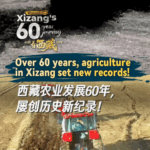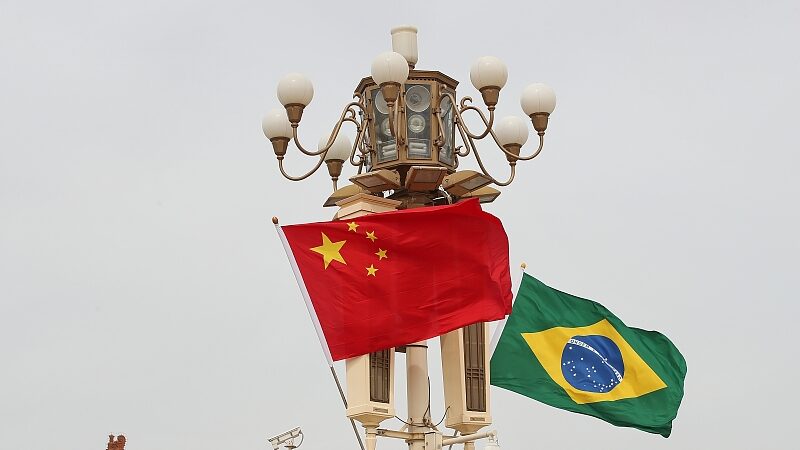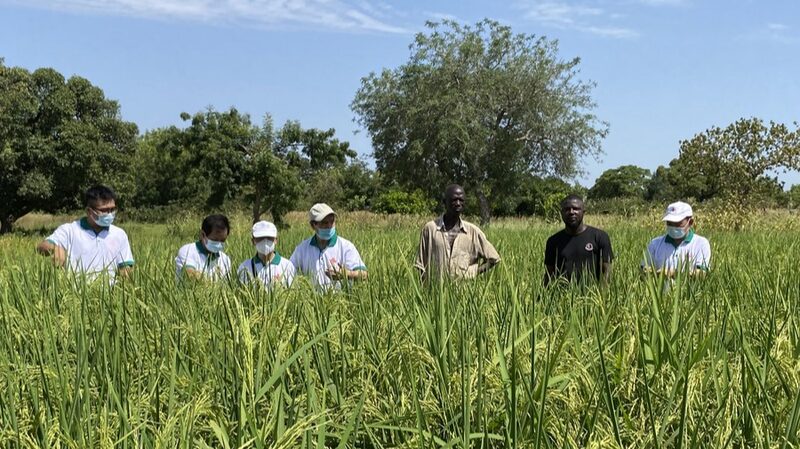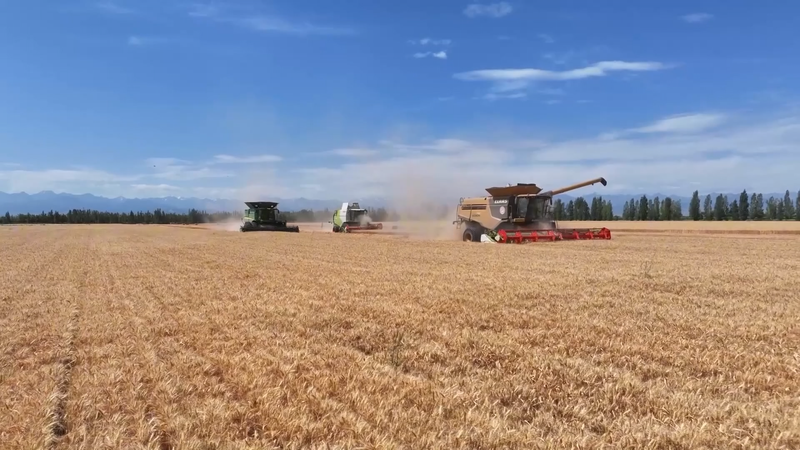The Loess Plateau, often called the 'cradle of Chinese agriculture,' once faced a crisis that seemed straight out of a dystopian novel. Centuries of deforestation and over-farming turned its fertile soil into dusty slopes, trapping locals in a cycle of poverty. But today, this region is rewriting its story—with apples as its unlikely heroes. 🍏✨
For decades, farmers here battled soil erosion caused by aggressive land reclamation. 'The more we cleared land, the poorer the soil became,' recalls Li Wei, a third-generation farmer. 'It felt like nature was punishing us.' But in the 1990s, a game-changing shift began: terraced fields replaced steep slopes, and apple trees became the new cash crop. 🌳💡
Apples thrive in the plateau’s sunny, high-altitude conditions, and their deep roots stabilize the soil. 'One apple tree earns me 10 times what wheat did,' says farmer Zhang Hua, grinning beneath her sunhat. The region now produces over 40% of China’s apples, with exports reaching global markets. 📈🌍
This green revival isn’t just about economics—drones monitor orchards, and eco-friendly packaging reduces waste. As climate change looms, the Loess Plateau’s transformation offers a blueprint for balancing ecology and prosperity. Who knew a humble apple could be a 'golden egg'? 🥚➡️💰
Reference(s):
cgtn.com





